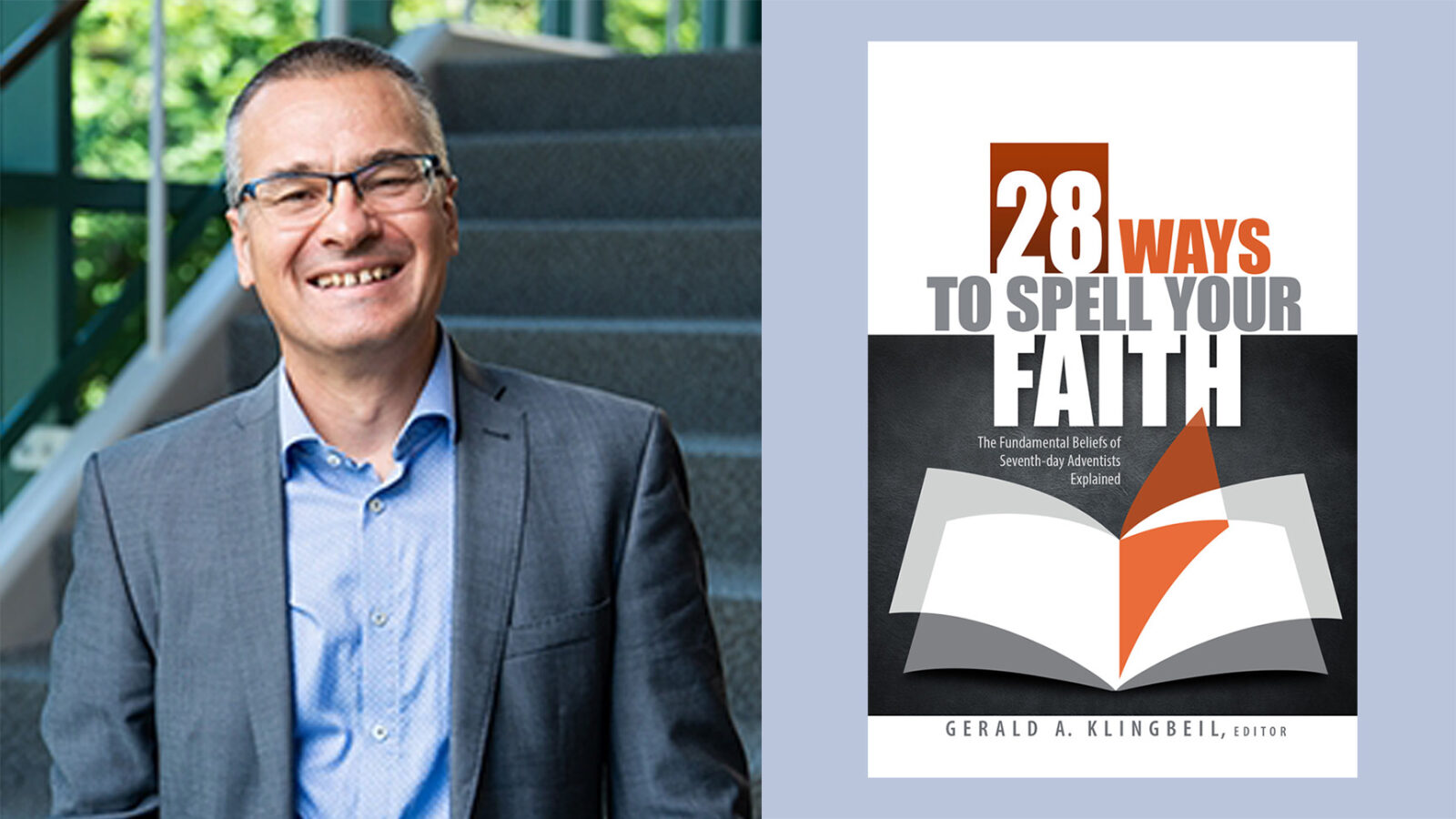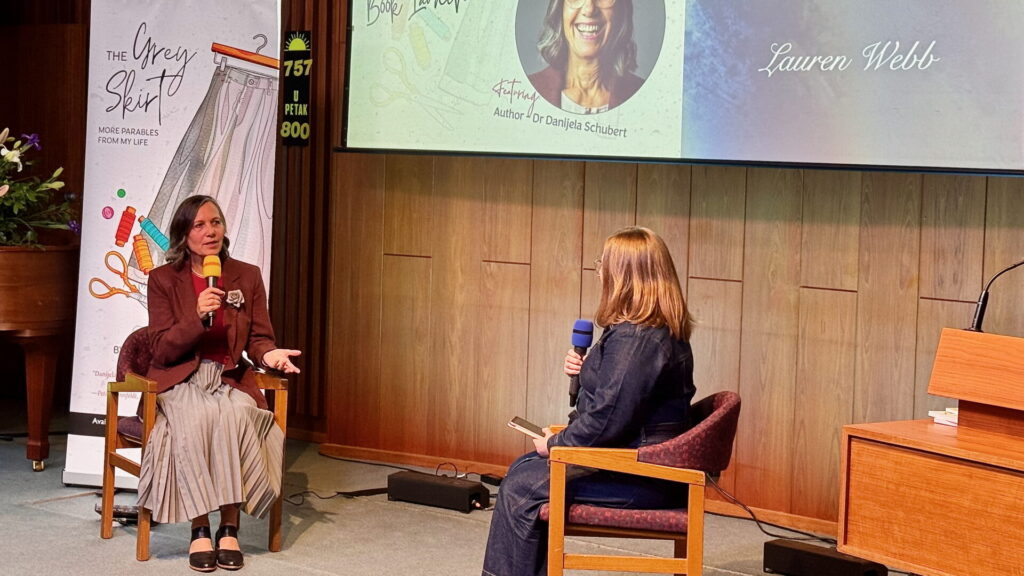Gerald Klingbeil is an associate editor of Adventist Review and Adventist World, as well as Research Professor of Old Testament and Ancient Near Eastern Studies at the Seventh-day Adventist Theological Seminary, Andrews University. He has served previously as a university teacher and pastor in Peru, Argentina and the Philippines. Dr Klingbeil spoke with Bookshelf about his new book, a compilation of articles from Adventist World on our fundamental beliefs.
Can you tell us about your work with Adventist Review and Adventist World?
As an associate editor, I lead the editorial and design teams of Adventist World. I am passionate about helping authors from around the globe to find their voice in our church—even if English is not their mother tongue (as in my case!). I am always on the lookout for authors who can offer relevant biblical insights and are also capable interpreters and communicators of their cultures.
Where did the idea for a new series of articles on the 28 fundamental beliefs come from?
We thought of repurposing the Adventist World articles because of their availability in the 10 different languages they are translated into every month. We also liked the fact that the authors represent a wide variety of countries, ranging from Argentina, Australia, Germany, South Africa, Greece, India, to the United States. These authors reflect the diversity of our church. We really wanted to introduce readers to the core of Adventist theology in a readable and relatable format.
What’s one of the most exciting things about the book to you?
I like the different voice and the distinct tone of each chapter. I think that’s a great way to invite readers to connect with something that might sound complex at first. I know that we are on the right path when I hear that schools use the book to start talking about Adventist theology to 13-year-olds. Theology should not be locked up in the ivory towers of academics or church committees. Every time we engage with Scripture, we reflect on God and His works in this world—and, by extension, we think theologically. I hope that we can recapture some of the contagious joy of discovering truth that seemed to have marked early Adventist pioneers—who were mostly young adults.
Is there a fundamental belief that you now look at in a fresh way after working on the book?
Something that really hit me as I edited the volume was how relatable to our everyday life these beliefs really are. For example, communion is not just a quarterly ritual, it’s highlighting the invitation to come to God’s table and serve those around me. The millennium and the end of sin are not just nebulous points in salvation history—sometime in the future—but the assurance that God will make things right and that we can rest our questions in Him. And I think readers will enjoy the final chapter of the volume by veteran theologian Norman Gulley, offering a bird’s eye perspective on Adventist fundamental beliefs and how they all fit together.
Why is Creation still such an important field of study?
As a member of the Biblical Research Institute Committee for nearly two decades, we have read many papers dealing with the subject of Creation. When it was time to bring these papers together, I was asked to edit He Spoke and It Was and happily accepted. The crossroad between Creation and faith is hugely important, especially since most of us live in increasingly secular societies where there doesn’t seem to be space for God. The volume that I edited helps us to truly understand what Scripture says about Creation and what it doesn’t say.
What contribution do you hope your books make to your readers and the work of the church?
Writing books or articles can be a lonely enterprise. But I hope that my writing and editing will help us as a faith community to rediscover the importance of God’s Word and the ministry of His Spirit in our lives. What we need, however, is not more information or even conviction, but the love and joy that marked the character of Jesus when He lived for three-and-a-half decades in ancient Palestine.
28 Ways to Spell Your Faith and other books by Gerald Klingbeil are available from Adventist bookshops in Australia and New Zealand, or online.






